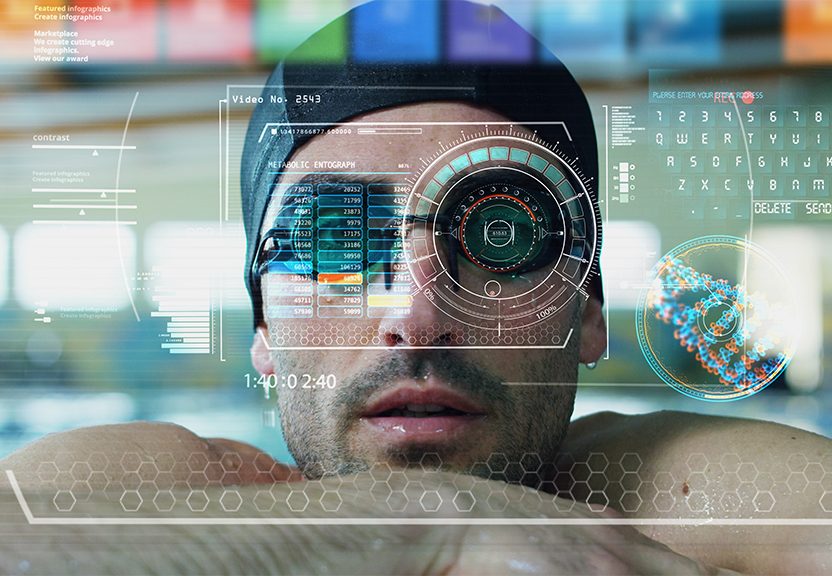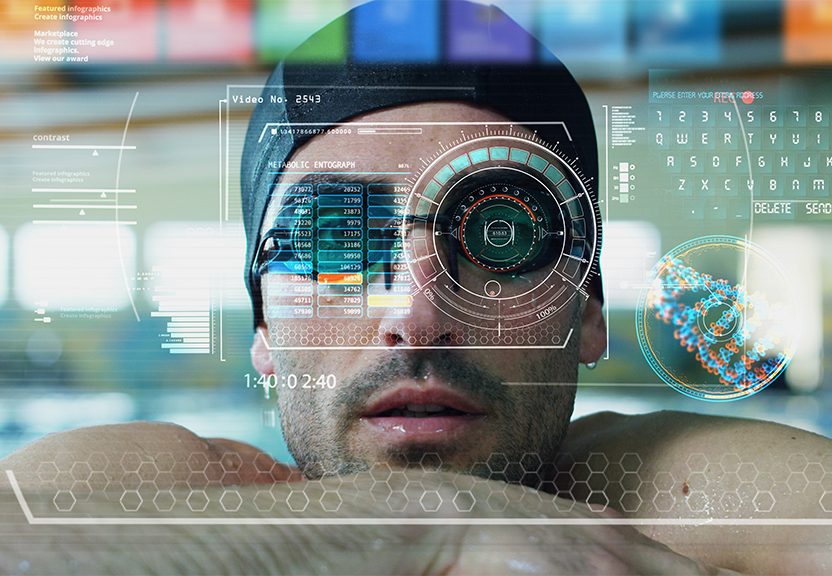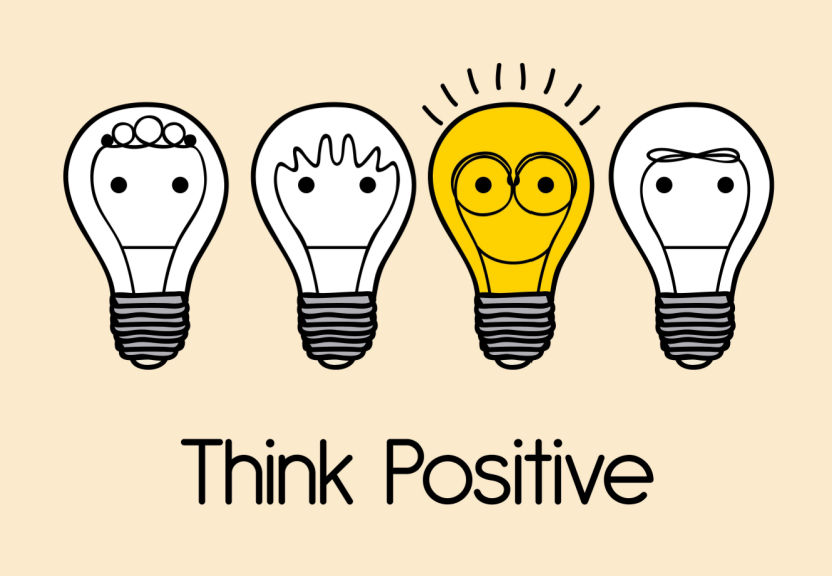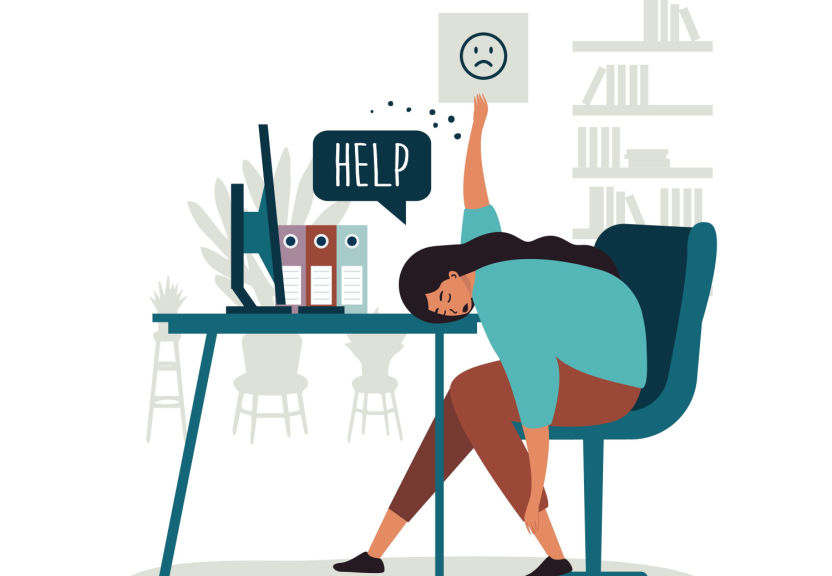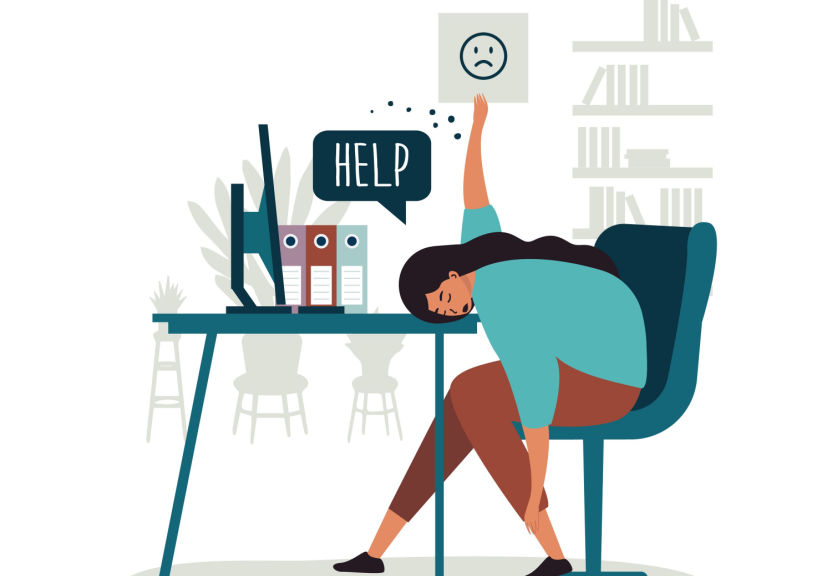Health & Technology
It has become increasingly evident in recent years that health and technology are interconnected. With advances in technology, new tools and devices have been developed that can improve healthcare outcomes and make healthcare more accessible to everyone. We will examine some of the ways that technology is improving healthcare and health.
- Electronic Health Records: One of the most important ways that technology is being used to improve health is through the use of electronic health records. EHRs are digital versions of the paper records that healthcare providers keep on their patients. They can be accessed by authorized healthcare providers, allowing for more efficient and accurate care. EHRs can also be used to facilitate communication between healthcare providers, which can be especially important in cases where a patient is being treated by multiple specialists.
- Telemedicine: Telemedicine is another important application of technology in healthcare. Telemedicine allows healthcare providers to deliver medical services remotely, using video conferencing and other forms of digital communication. This can make healthcare more accessible to people living in remote areas, or to people who are unable to leave their homes. Telemedicine can also be used to provide follow-up care after a patient has been discharged from the hospital.
- Wearable devices: Wearable devices are becoming increasingly popular in healthcare, as they can be used to monitor a person’s vital signs and other health data. Wearable devices such as fitness trackers, smartwatches and other wearable devices can be used to track a person’s activity level, heart rate, and sleep patterns. This data can then be used to identify potential health problems and to make adjustments to a person’s lifestyle or treatment plan.
- Medical Devices: Medical devices such as pacemakers, insulin pumps, and hearing aids have long been used to treat various medical conditions. With recent advancements in technology, these devices have become more sophisticated and efficient. For example, some pacemakers can now be controlled wirelessly, which can make it easier for patients to manage their conditions. Additionally, many medical devices are now connected to smartphones and other devices, so the patient can easily track their own health data and share it with their healthcare provider.
- Artificial Intelligence and Machine Learning: AI and machine learning are being increasingly used to analyze large datasets in healthcare, and to help identify patterns and insights that would be difficult to see otherwise. For instance, AI can be used to identify and track medical images, such as X-rays and MRIs, to assist radiologists in identifying early signs of disease.
- Blockchain: Blockchain technology can improve the security and the sharing of data in healthcare. Blockchain technology creates tamper-proof digital records which can be shared among authorized stakeholders, leading to more efficient care coordination.
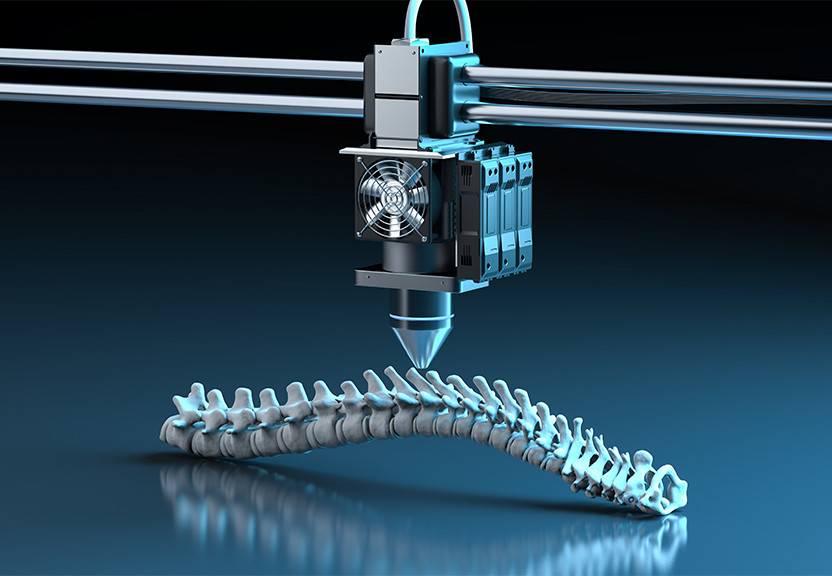
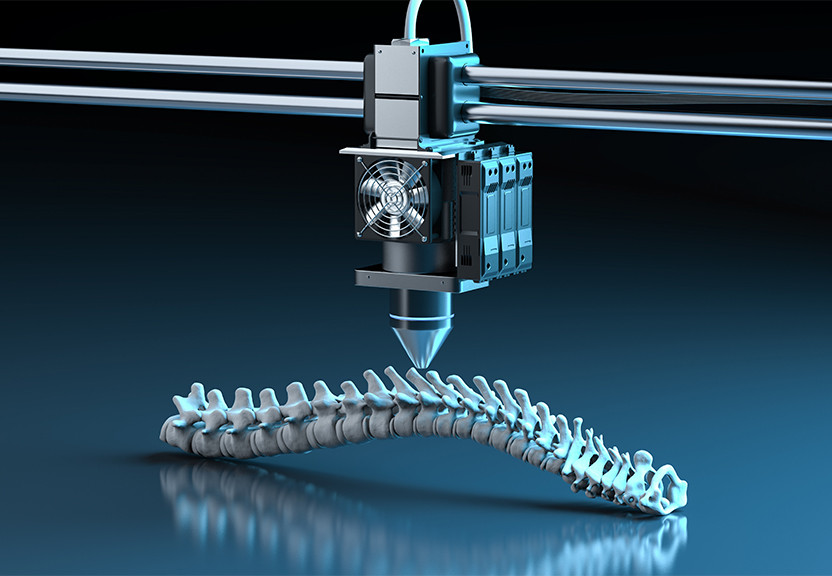
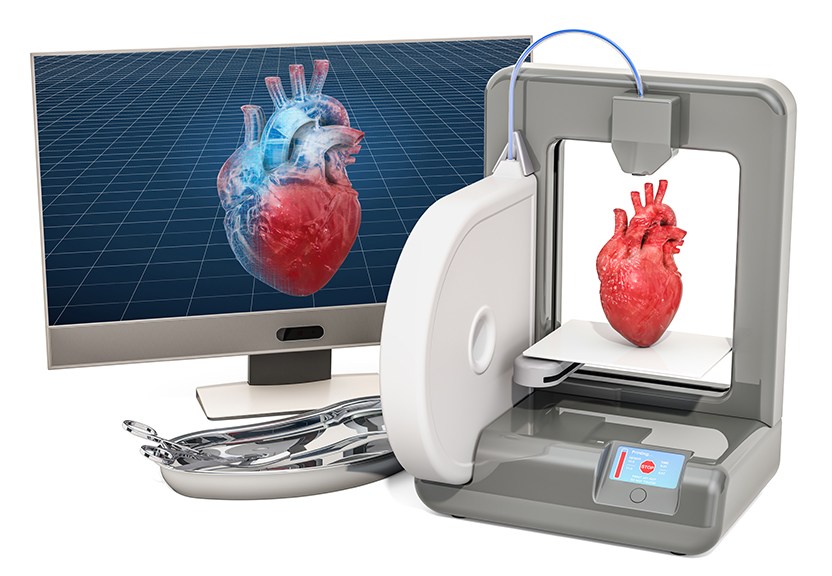
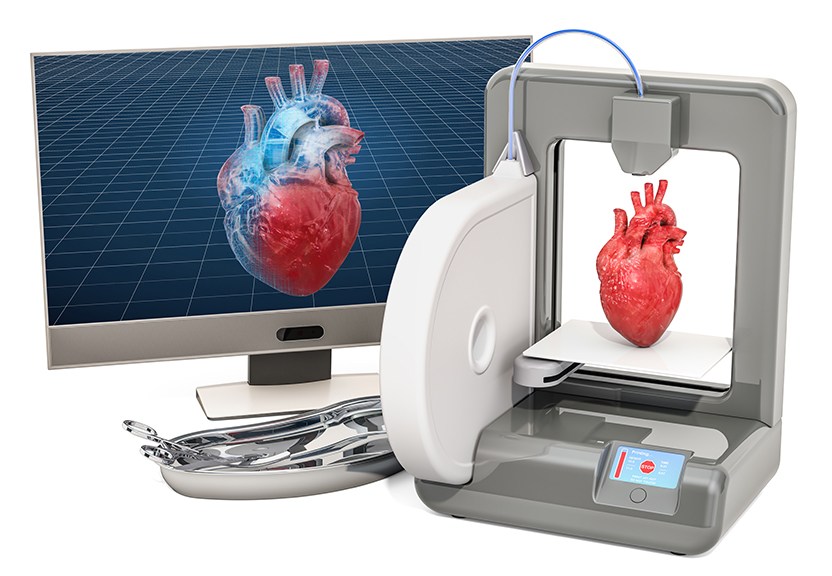
The role of technology in healthcare is becoming increasingly important. Globally, technology is being used to improve accessibility and quality of healthcare through electronic health records, telemedicine, wearable devices, medical devices, artificial intelligence, and machine learning. It is likely that new and exciting opportunities for improving health and healthcare will emerge as technology continues to evolve.
The articles and information within this website are my sole opinion and derived from my sole experience. They are meant for general information purposes only and is not meant to substitute professional dietary and/or health advice or treatment. If you have or suspect you may have allergies or medical issues which may be affected by certain foods, or have or suspect you may have any illness and/or disease and/or chronic ailment and/or other, you should promptly contact your health care provider. Any statements regarding diets and/or nutrition and/or health are to be used at your discretion and are not intended to diagnose, treat, cure or prevent any disease.




